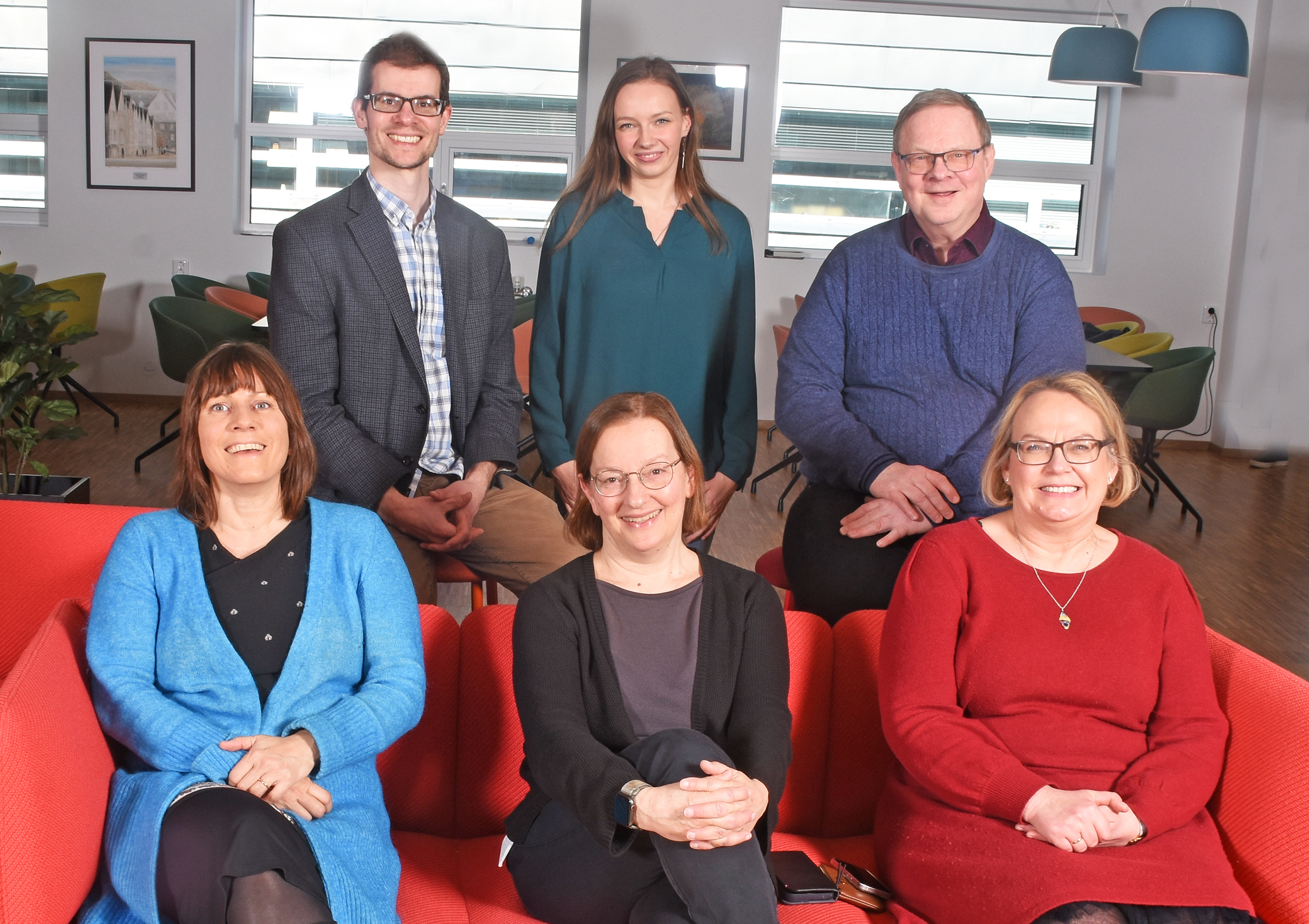On May 30, 2022 the grand opening of the Centre for Antimicrobial Resistance in Western Norway (CAMRIA – Combatting Anti-Microbial Resistance with Interdisciplinary Approaches) will mark the official start of the centre’s research work. We are expecting an exciting event with many prominent speakers, including Norway’s Minister of Health and Care services – Ingvild Kjerkol, along with representatives of the Trond Mohn Foundation, University of Bergen, Haukeland & Stavanger University Hospitals.
We are happy to see this big interest in the event as the problem that CAMRIA looks into – antimicrobial resistance (AMR) – is a serious and global issue that requires joint work of researchers, politicians, healthcare workers and the general public.
As the leader of CAMRIA – Professor Nina Langeland explains, “AMR is in a way similar to the climate changes, it is slowly evolving and that is why many disregard it. For example in Norway, we still have antibiotics for most common infections”.
This complexity carries a number of challenges – public awareness is one, but also the challenge for medical doctors to have one goal for the individual patient, while for the society he or she may have to think differently.
However, the new centre is prepared to respond to these challenges. “We are trying to approach AMR with broad perspectives, from mathematical models predicting the future spread of AMR, to the attidudes and knowledge in the general society and among medical personnel”, says Langeland.
The AMR-pandemic is a highly concerning issue, but the development of research in the field and establishment of antimicrobial resistance centres all around the world, such as CAMRIA, gives hope for the future. The recognition of the problem in Norway is high, so there is a lot of potential to turn this awareness into concrete steps towards inhibiting the spread of resistance. “I am particularly happy that AMR is on the agenda globally and that research and policies on this topic are addressed even in low-income countries where expensive, second-line antibiotics are not affordable”. the leader of CAMRIA concludes.
Now we are looking forward to the centre’s fast-approaching kick-off and an exciting research that will hopefully contribute to the spread of – not AMR – but knowledge and solutions on how to solve this global issue.
Photo: © Jørgen Barth

